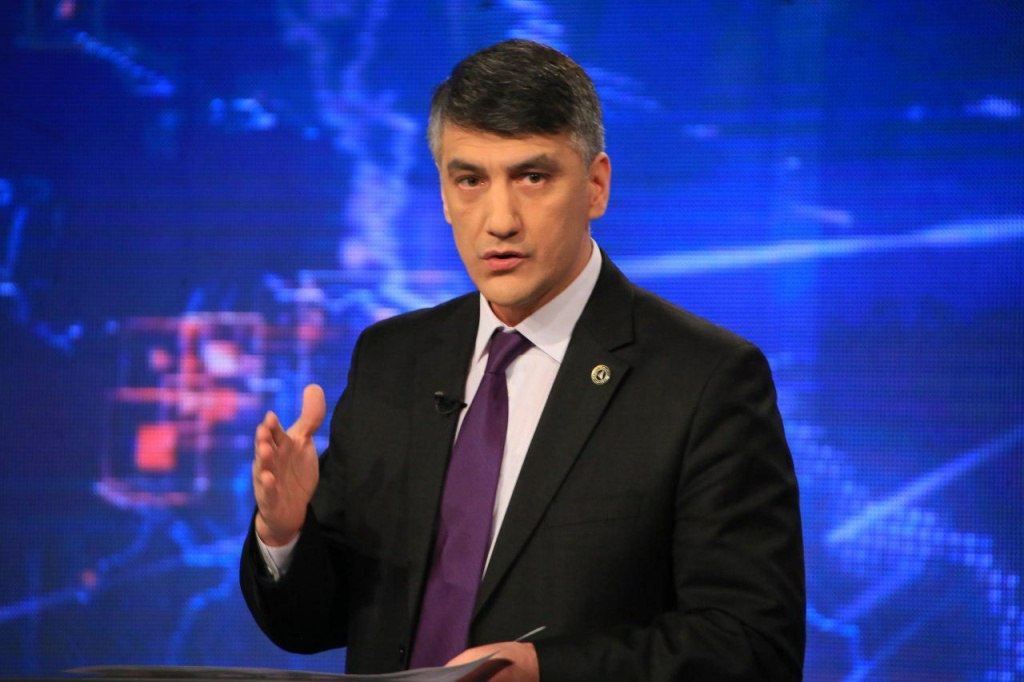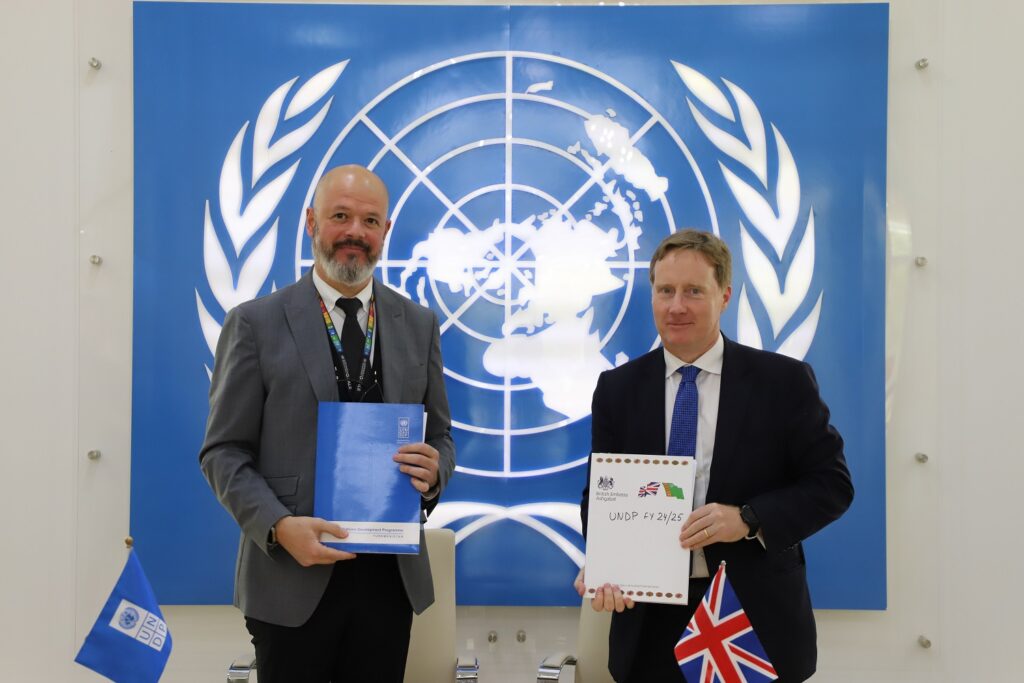Uzbek Politician Decries Dominance of Russian Language in Country
Alisher Kadyrov, leader of the Milliy Tiklanish Party and Vice-Speaker of the Legislative Chamber of the Oliy Majlis of Uzbekistan, has proposed a ban on the provision of public services to persons who don’t speak the Uzbek language. He expressed this opinion in response to a statement by the chairman of the Russian State Duma, Vyacheslav Volodin.
Kadyrov said that the Uzbek language should be defined in legislation as a mandatory language.
“In our laws, in addition to creating conditions for citizens of other nationalities to study their native language and values in kindergarten and at school, the Uzbek language should be defined as compulsory,” he wrote in his Telegram channel. The politician stated that he believes it should be impossible for a person who doesn’t know Uzbek to be employed in the civil service or use state services.
Earlier, Kadyrov suggested limiting the use of Russian on Uzbek television and in education. The party leader stated that a norm on teaching primary education in Uzbek should be introduced into legislation.
“We have not been able to teach Russian compatriots the Uzbek language for 100 years. On the contrary, it has become customary that Uzbeks send their children to be educated in Russian. In Tashkent, the number of schools where education is not in Uzbek has grown. Unfortunately, more than 90% of pupils at such schools are Uzbeks,” the Vice-Speaker wrote.
Kadyrov’s statements run counter to Article 19 of the Uzbek Constitution, which states that “all citizens have the same rights and freedoms and are equal before the law regardless of sex, race, nationality, language, religion, beliefs, social origin, or social status.”








